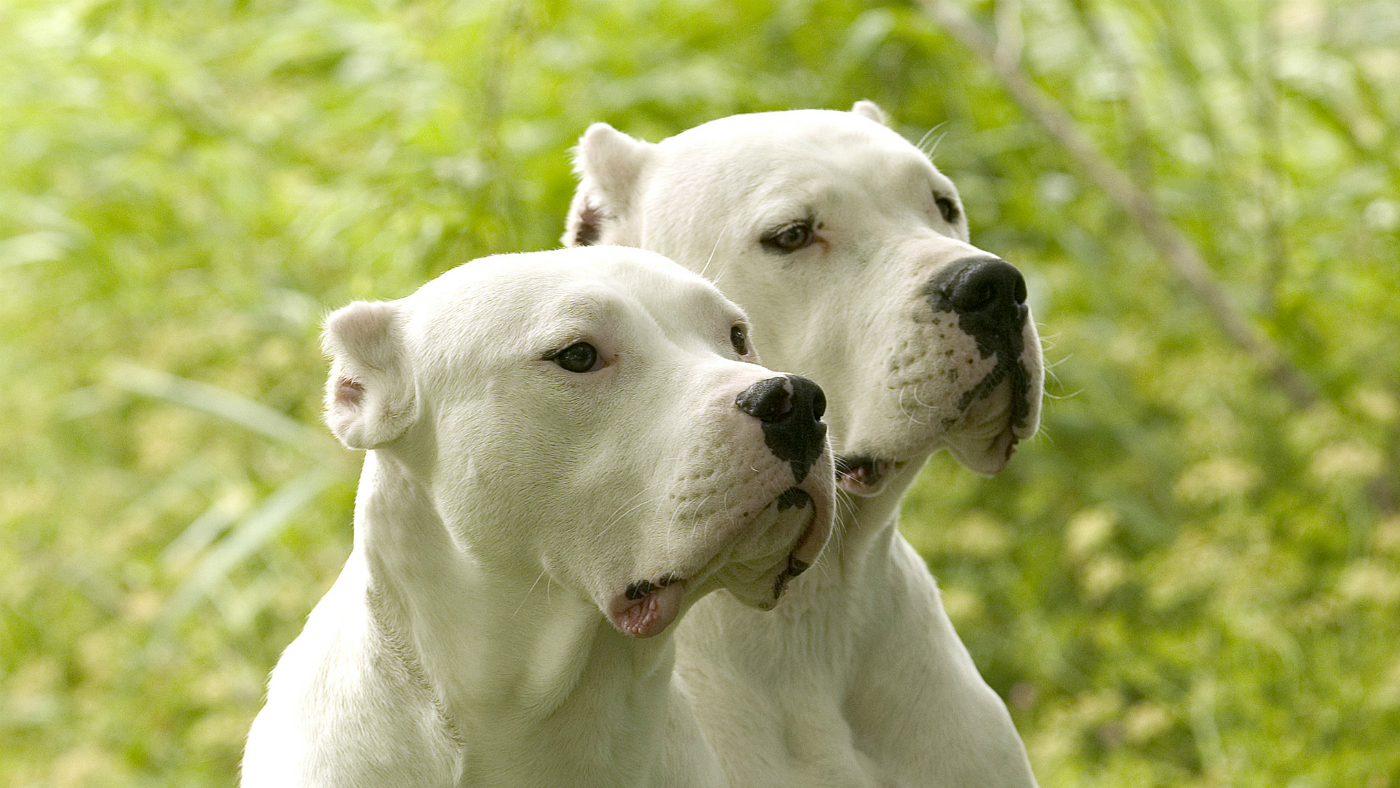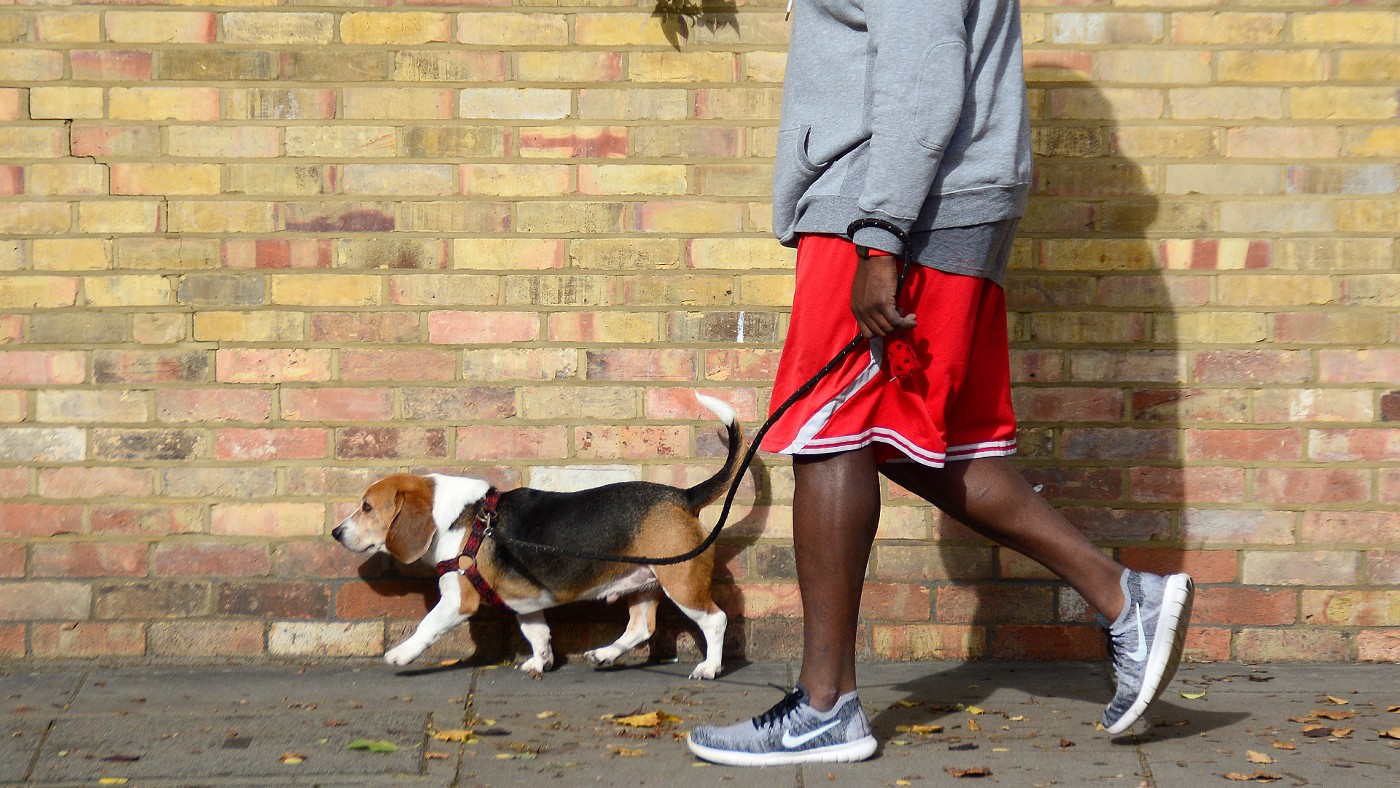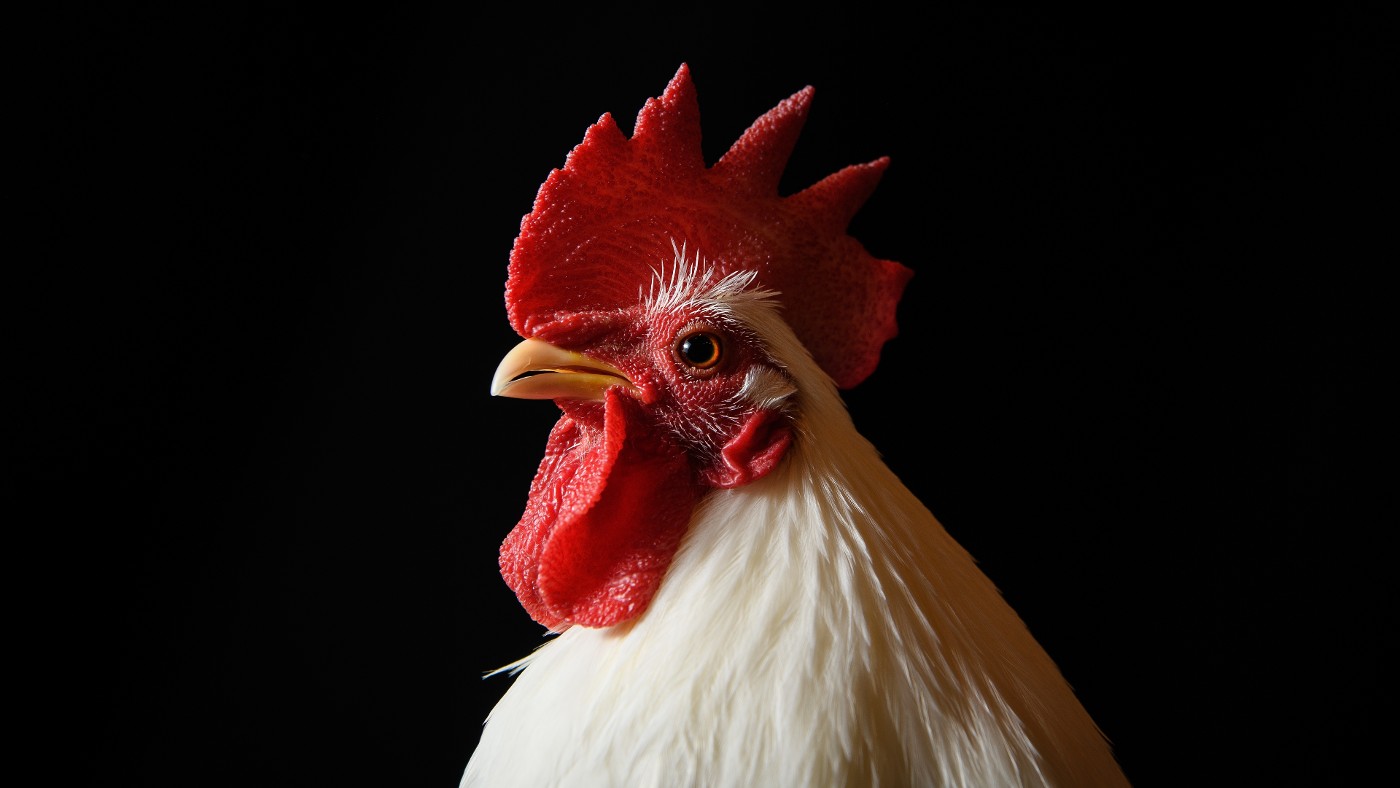The dangerous dogs banned in the UK
Spike in deadly attacks blamed on ‘impulse purchases through lockdown’

A free daily email with the biggest news stories of the day – and the best features from TheWeek.com
You are now subscribed
Your newsletter sign-up was successful
A three-year-old boy died on Sunday after being attacked by a dog at a farm in Milnrow, near Rochdale, in an incident described by Greater Manchester Police as “tragic” and “devastating”.
The force seized several dogs in relation to the attack and one was humanely destroyed. Several dog walkers told ITV News that they avoided the area because of “incidents with the dogs in the past”.
The breed of dog that was behind the attack has not been formally released by police, but reporting by the Daily Mail suggested that it was a Tibetan mastiff. Such dogs, which can be “highly dangerous, ferocious” animals, according to the South China Morning Post, are not illegal in the UK under the Dangerous Dogs Act.
The Week
Escape your echo chamber. Get the facts behind the news, plus analysis from multiple perspectives.

Sign up for The Week's Free Newsletters
From our morning news briefing to a weekly Good News Newsletter, get the best of The Week delivered directly to your inbox.
From our morning news briefing to a weekly Good News Newsletter, get the best of The Week delivered directly to your inbox.
Dog attacks have been “increasing year-on-year”, said The Sun, with a recent rise in deadly incidents blamed on “impulse purchases through lockdown”. A spokesperson for the RSPCA told the paper that “Britain’s list of banned dogs could be fuelling the spike, as owners assume that any other breed is safe”.
Dangerous Dogs Act
The Dangerous Dogs Act was introduced in 1991 to oversee the ban of four specific dog breeds deemed a danger to the public.
However, statistics published in the National Library of Medicine in 2021 show that hospital admissions for dog bites have tripled among adults in England over the past 20 years. Experts in Liverpool found that incidents of dog bite admissions rose from 6.34 per 100,000 people in 1998 to 14.99 in 2018.
Despite the Dangerous Dogs Act “and numerous public initiatives designed to reduce dangerous interactions with dogs, dog bite numbers appear to be rising”, said the researchers.
A free daily email with the biggest news stories of the day – and the best features from TheWeek.com
The RSPCA pointed out that of the 30 fatal dog-related incidents recorded between 1991 and 2016, only nine of the attacks involved breeds currently on the dangerous dogs list. As a result, the RSPCA has described the act as “unjust” and “not working”.
Which dogs are banned in the UK?
Upon its introduction 31 years ago, the Dangerous Dogs Act made it illegal for UK nationals to own four types of dogs traditionally bred for fighting.
These are the pit bull terrier, Japanese Tosa, Fila Brasileiro and Dogo Argentino, all of which are known for their hunting abilities.
A banned dog can be seized by the police or council whether or not it is acting dangerously or a complaint has been made about it.
If the animal is in a public place the police can confiscate it on the spot, while if it’s in a private home a warrant is required to confiscate it.
Once the animal has been examined by an expert, the dog will either be released or kept in kennels while the police or council apply to a court. Owners are not allowed to visit their dog while they wait for the court’s decision.
If the dog is deemed to be a dangerous type, or its owners plead guilty in court, they could face an unlimited fine or up to six months in prison as well as the dog being put down.
The owners of banned dogs that are neutered, microchipped, kept on a lead and muzzled at all times can apply for an exemption order. This requires the animal to undergo a behavioural assessment to identify whether or not it is a danger to the public.
If the court rules that it is not dangerous, the owner will be given a certificate of exemption, which is valid for the dog’s lifetime.
Does the ban work?
The RSPCA, which campaigns against breed-specific legislation such as the Dangerous Dogs Act, has branded the current rules ineffective. The charity has said that “huge numbers” of dogs have been destroyed “simply for looking a certain way”.
According to the RSPCA, over a third of the people killed by dogs since the act was brought in were attacked by legal breeds.
And Becky Thwaites, head of public affairs at the animal welfare charity Blue Cross, told The Independent that many dogs seized under the Dangerous Dogs Act as illegal breeds “are in fact well-behaved dogs with responsible owners, who just have the misfortune to have the wrong measurements”.
Kate Samuelson is The Week's former newsletter editor. She was also a regular guest on award-winning podcast The Week Unwrapped. Kate's career as a journalist began on the MailOnline graduate training scheme, which involved stints as a reporter at the South West News Service's office in Cambridge and the Liverpool Echo. She moved from MailOnline to Time magazine's satellite office in London, where she covered current affairs and culture for both the print mag and website. Before joining The Week, Kate worked at ActionAid UK, where she led the planning and delivery of all content gathering trips, from Bangladesh to Brazil. She is passionate about women's rights and using her skills as a journalist to highlight underrepresented communities. Alongside her staff roles, Kate has written for various magazines and newspapers including Stylist, Metro.co.uk, The Guardian and the i news site. She is also the founder and editor of Cheapskate London, an award-winning weekly newsletter that curates the best free events with the aim of making the capital more accessible.
-
 The environmental cost of GLP-1s
The environmental cost of GLP-1sThe explainer Producing the drugs is a dirty process
-
 Greenland’s capital becomes ground zero for the country’s diplomatic straits
Greenland’s capital becomes ground zero for the country’s diplomatic straitsIN THE SPOTLIGHT A flurry of new consular activity in Nuuk shows how important Greenland has become to Europeans’ anxiety about American imperialism
-
 ‘This is something that happens all too often’
‘This is something that happens all too often’Instant Opinion Opinion, comment and editorials of the day
-
 Experts discover why dogs wag their tails
Experts discover why dogs wag their tailsTall Tales And other stories from the stranger side of life
-
 Investigation into 'oldest ever dog' award
Investigation into 'oldest ever dog' awardTall Tales And other stories from the stranger side of life
-
 Mouse keeps tidying up man's shed
Mouse keeps tidying up man's shedTall Tales And other stories from the stranger side of life
-
 'Dirty work' to retrieve cash eaten by a dog
'Dirty work' to retrieve cash eaten by a dogTall Tales And other stories from the stranger side of life
-
 Mystic's 'terrifying' 2024 predictions
Mystic's 'terrifying' 2024 predictionsTall Tales And other stories from the stranger side of life
-
 Penile fracture risk higher over Christmas
Penile fracture risk higher over ChristmasTall Tales And other stories from the stranger side of life
-
 White Easter more likely than a white Christmas
White Easter more likely than a white ChristmasTall Tales And other stories from the stranger side of life
-
 Middle-class chickens pampered at 'hotels'
Middle-class chickens pampered at 'hotels'Tall Tales And other stories from the stranger side of life